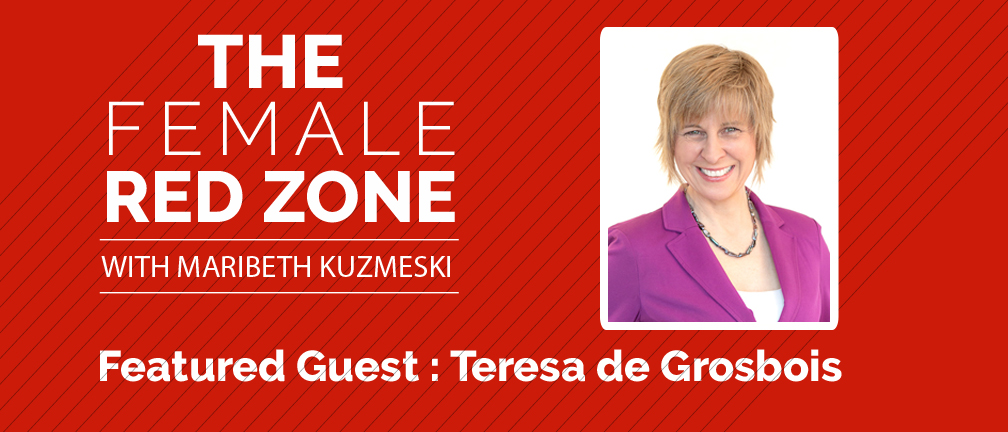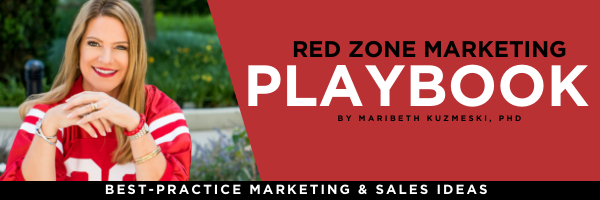Teresa de Grosbois: Innovative Thinking to Gain Mass Influence
We always thought that being a person of influence is a privilege reserved for the few.
Or is it?
Let New York Times bestselling author and Evolutionary Business Council (EBC) founder, Teresa De Grosbois, show you how to become influential while attracting the success that you deserve in your life, business and career.
In this episode,
Stop Wasting Opportunities When Asked, “What Do You Do?”
 If you find yourself constantly resorting to generic answers when people ask you questions about yourself, it may be time to rethink your approach. So often we drift through our day, not even seeing the opportunities we have in conversations with others. From the simplest “Hey, how are you?” to the more complex questions you are asked throughout your work day — how often do you take time to answer the questions fully?
If you find yourself constantly resorting to generic answers when people ask you questions about yourself, it may be time to rethink your approach. So often we drift through our day, not even seeing the opportunities we have in conversations with others. From the simplest “Hey, how are you?” to the more complex questions you are asked throughout your work day — how often do you take time to answer the questions fully?
Getting Someone to Like You In 3 Minutes
How important is listening? In his bestselling book, Blink, Malcolm Gladwell shares the results of an amazing study conducted by a medical researcher to determine the likelihood of doctors being sued by their patients.
In this study, roughly half of the doctors had never been sued. The other half had been sued at least twice. The research disclosed a specific difference between the two groups: The surgeons who had never been sued spent more than three minutes longer with each patient than those who had been sued spent with their patients.
Five Minutes to Successful Delegation
 Delegation is great. Giving up control, philosophy and initial concept, however, is not. In marketing, delegation is often critical to execution, but it’s also where results can start to break down. So, where is the disconnect that leads to this breakdown?
Delegation is great. Giving up control, philosophy and initial concept, however, is not. In marketing, delegation is often critical to execution, but it’s also where results can start to break down. So, where is the disconnect that leads to this breakdown?
Delegation, as a concept, is fairly simple. You hand over a task or job for another individual to carry out. But, in order for delegation to work, the people that are being delegated to may require the same understanding as you do of the situation,
Why Don’t Value Propositions Work?
The way that Value Propositions are typically created often do not work. Why is that, you ask? Because most of them don’t convey anything memorable or valuable when you use them, and most are not about what the OTHER person actually cares about.
I have been concerned about this for years and as a firm, we have focused on improving this for the advisors we work with. The problem has been defined by a study done by Pershing and multiple articles written on the topic.



